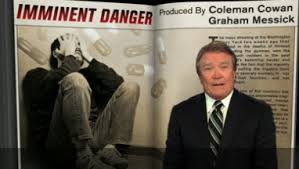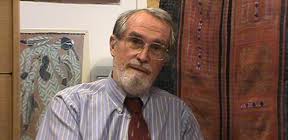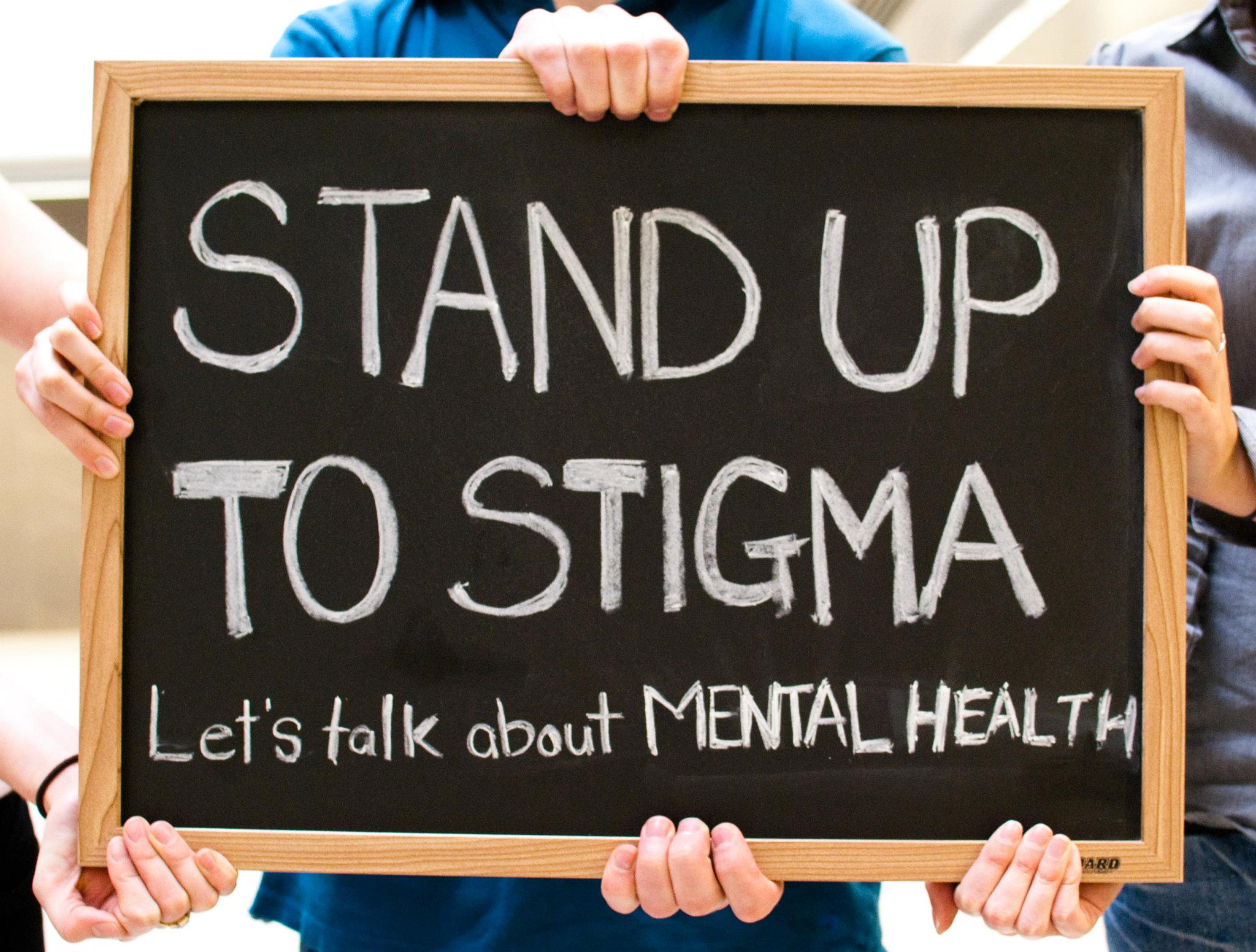The stabbing of Virginia state senator Creigh Deeds by his son, Austin, who later killed himself, ignited national headlines this week. Early reports said “Gus” Deeds was released from a mental health center untreated because there were no crisis care beds available. Officials later blamed a Virginia rule that says the state must either hospitalize or discharge individuals within six hours after picking them up for observation. After he was freed, Gus attacked his father and then turned a rifle on himself.
I was overwhelmed with calls from reporters because I had written an editorial in 2010 for The Washington Post about how Virginia was backsliding on its promises to improve mental health services after the Virginia Tech massacre. The Post tweeted links to it shortly after the Deeds’ tragedy. It also reminded readers about another Op Ed that I’d penned that described how Virginia hospitals were “streeting” patients — turning them away from emergency rooms — because there were no beds available. That revelation had come from a damning report by VA Inspector General G. Douglas Bevelacqua who has been a lone and relentless voice in Virginia when it comes to spotlighting holes in our state’s system.

 I turned sixty-two last Thursday and my wife, Patti, hosted a family party on Sunday. When you have a blended family of seven, there’s always someone having a birthday but this one was different for me. I can’t say that I am going through a mid-life crisis because I already have done that, several times. I am now old enough to collect Social Security so I have to acknowledge that I have walked over the middle age line .
I turned sixty-two last Thursday and my wife, Patti, hosted a family party on Sunday. When you have a blended family of seven, there’s always someone having a birthday but this one was different for me. I can’t say that I am going through a mid-life crisis because I already have done that, several times. I am now old enough to collect Social Security so I have to acknowledge that I have walked over the middle age line .
 Reporter Ben Finley, writing in the
Reporter Ben Finley, writing in the 



